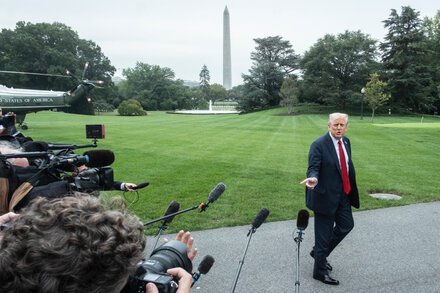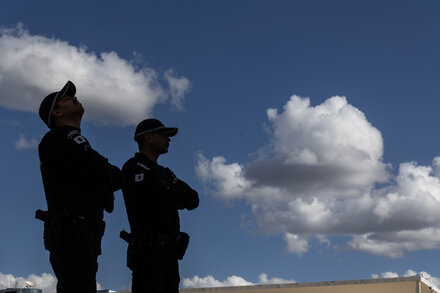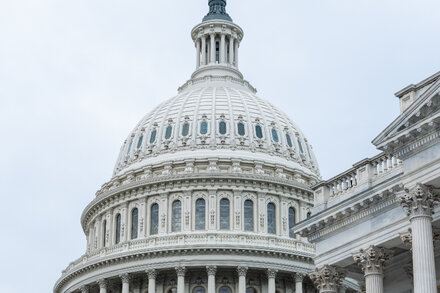Amidst the federal government’s third week of partial shutdown, accusations are escalating that the White House is deliberately orchestrating its impact to maximize political pressure and target opponents. Critics contend the administration’s decisions on service curtailment are strategically designed to inflict pain on specific constituencies.

Washington D.C. – As the federal government enters its third week of a partial shutdown, political tensions in the nation’s capital have escalated dramatically, fueled by accusations that the White House is deliberately orchestrating the shutdown’s impact to maximize political pressure and target opponents. Critics contend that the administration’s decisions on which services to curtail and which agencies to furlough are strategically designed to inflict pain on specific constituencies and shift blame.
The allegations surfaced amidst growing public frustration over disrupted services and unpaid federal workers. Opponents claim that certain politically sensitive projects or departments have seen disproportionate cuts, while others deemed less critical to the administration’s political narrative remain operational or are quickly brought back online.
Allegations of Strategic Pain
Sources close to congressional leadership, speaking anonymously due to the sensitivity of ongoing negotiations, indicated a belief that the White House is employing a calculated strategy. “This isn’t just about a budget disagreement anymore; it’s about weaponizing the shutdown,” one congressional aide stated. “They are making deliberate choices to hit areas that hurt their political foes the most, rather than prioritizing essential services or minimizing public disruption.”
“This isn’t just about a budget disagreement anymore; it’s about weaponizing the shutdown. They are making deliberate choices to hit areas that hurt their political foes the most, rather than prioritizing essential services or minimizing public disruption.”
Specific examples cited by critics include the rapid closure of certain national parks or tourist attractions that generate significant revenue for specific states or districts represented by opposition parties, while other federal functions with broad, non-partisan appeal are maintained. There have also been claims of selective communications, with the White House allegedly highlighting the negative impacts in opposition-held areas while downplaying them elsewhere.
Administration’s Defense
The White House has vehemently denied these accusations, characterizing them as baseless partisan attacks. A senior administration official, speaking on condition of anonymity, maintained that all decisions regarding the shutdown’s implementation are guided solely by legal requirements and the need to preserve essential government functions. “Any suggestion that this administration is deliberately trying to ‘punish’ anyone is a cynical distortion of the facts,” the official said. “We are operating under the constraints of a government shutdown forced upon us by congressional inaction, and our priority is to manage this difficult situation responsibly while ensuring core national interests are protected.”
“Any suggestion that this administration is deliberately trying to ‘punish’ anyone is a cynical distortion of the facts. We are operating under the constraints of a government shutdown forced upon us by congressional inaction, and our priority is to manage this difficult situation responsibly while ensuring core national interests are protected.”
Press Secretary Sarah Jenkins reiterated this stance in a recent briefing, stating, “The responsibility for this shutdown lies squarely with those who refuse to negotiate in good faith. Our administration is focused on navigating these challenges as best we can, minimizing impact on the American people wherever possible, within the legal parameters of a lapse in appropriations.”
Public Impact and Political Fallout
Regardless of the White House’s intent, the shutdown continues to inflict tangible consequences on millions of Americans. Federal workers face uncertainty over pay, while various public services, from food inspections to scientific research, are either slowed or halted. The political blame game shows no sign of abating, with both sides entrenched in their positions, further complicating efforts to reach a budget agreement. The longer the shutdown persists, the greater the pressure on both the administration and Congress to find a resolution, even as accusations of politically motivated tactics continue to dominate the narrative.
Source: Read the original article here.





